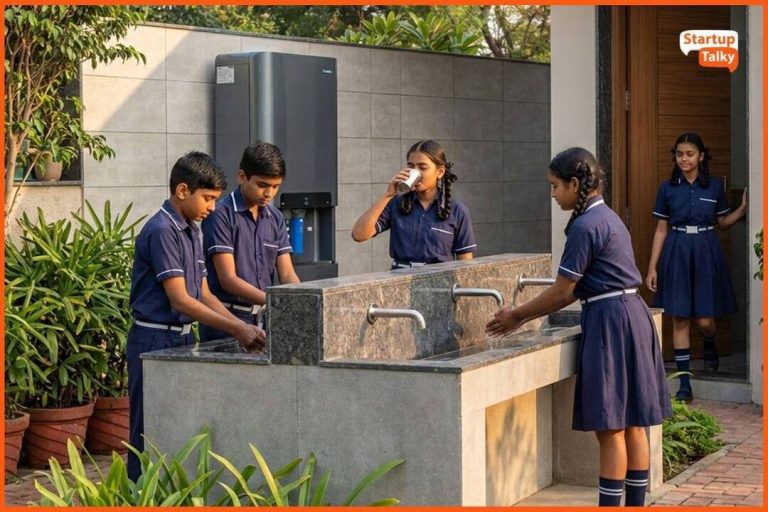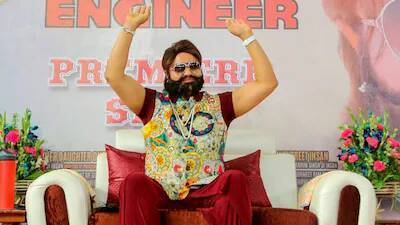
Punjab BJP to Contest Block Committee, Zila Parishad Polls
In a significant development in the political landscape of Punjab, the state’s Bharatiya Janata Party (BJP) has announced its decision to contest the upcoming Block Committee and Zila Parishad elections on its own election symbol. This move comes after the recent Tarn Taran bypoll, which has seemingly galvanized the party’s leadership to take an assertive stance in the state’s electoral politics.
The decision to contest these elections was made at a meeting convened under the chairmanship of Ashwani Kumar Sharma, the working state president of the Punjab BJP. This strategic move is indicative of the party’s intent to strengthen its grassroots presence in Punjab, a state where it has traditionally been a junior partner in coalition governments, most notably with the Shiromani Akali Dal (SAD). However, the BJP’s decision to go solo in these local body elections suggests a desire to expand its influence and voter base independently.
The Block Committee and Zila Parishad elections are crucial for any political party aiming to establish a strong foundation at the local level. These bodies are responsible for overseeing various developmental projects and public services at the district and block levels, respectively. By contesting these elections on its party symbol, the BJP is signaling its commitment to engaging directly with the people of Punjab, understanding their needs, and offering its vision for local governance.
The Punjab BJP’s strategy is also reflective of the broader political dynamics at play in the state. With the SAD having broken away from its long-standing alliance with the BJP, primarily over the farm laws issue, the latter is now compelled to chart its own course in Punjab. The decision to contest local body elections independently is a key part of this strategy, aimed at demonstrating the party’s capabilities and appeal to the electorate without relying on traditional allies.
Furthermore, this move could be seen as an attempt by the BJP to capitalize on any potential discontent among the voters with the current state government, led by the Aam Aadmi Party (AAP). The AAP, which came to power in Punjab with a significant mandate, has been facing its own set of challenges, including internal conflicts and the need to deliver on its electoral promises. The BJP, by actively contesting local body elections, is positioning itself as a viable alternative, seeking to attract those who may be looking for a change.
The implications of the BJP’s decision extend beyond the immediate electoral outcomes. It marks a significant shift in the party’s approach to Punjab, where it has often been content to play a secondary role in coalition politics. By choosing to contest elections independently, the BJP is essentially testing its organizational strength, political appeal, and the effectiveness of its campaign machinery in the state.
In preparation for these elections, the Punjab BJP is likely to intensify its outreach efforts, focusing on issues that resonate with the local populace. This could include emphasizing the party’s commitment to good governance, development, and public welfare, alongside highlighting any perceived shortcomings of the current state government. The party might also leverage its national leadership’s popularity and the central government’s initiatives to connect with voters, particularly in areas where the BJP has traditionally enjoyed support.
As the Punjab BJP gears up to contest the Block Committee and Zila Parishad elections, the state’s political landscape is poised to witness heightened activity and engagement. The outcome of these elections will not only reflect the BJP’s ability to perform as a solo act in Punjab but also influence the broader political narrative leading up to future state assembly elections.
In conclusion, the Punjab BJP’s decision to contest local body elections on its party symbol marks an important chapter in the state’s political journey. It signifies the party’s ambition to expand its electoral footprint, engage directly with the voters, and challenge the dominance of other political parties in Punjab. As the political parties in the state prepare for these elections, the people of Punjab can expect a more vibrant and competitive political environment, with each party striving to present its vision for local governance and development.






